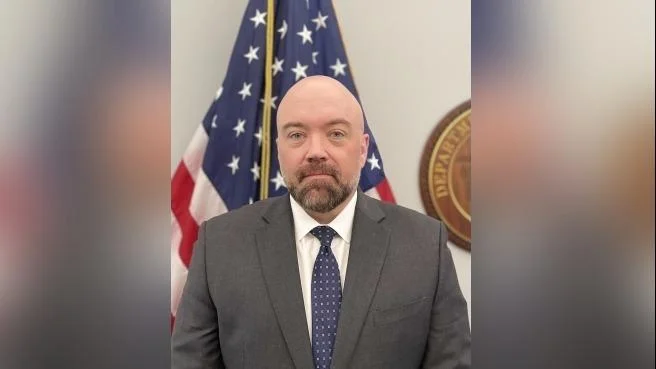Santiago Prieto, a 65-year-old resident of Nampa, has been sentenced to 52 months in federal prison for unlawful firearm possession, as announced by Acting U.S. Attorney Justin Whatcott.
Court documents reveal that in January 2024, Prieto contacted emergency services. However, upon the arrival of paramedics at his hotel room, Prieto did not permit entry and instead, gunshots were heard from inside. Law enforcement, responding to the scene, also heard gunshots and observed a firearm pointed in the direction of officers. Prieto eventually surrendered and admitted to firing shots from the window of his room. A 9mm pistol and several shell casings were recovered from the scene.
At the time of the incident, Prieto was on parole for a felony arson conviction. His criminal record also includes previous felony convictions, barring him from legally possessing firearms. These convictions include aggravated battery and battery on a correctional officer. Senior U.S. District Judge B. Lynn Winmill also ordered Prieto to serve an additional 3 years of supervised release following his prison term.
Acting U.S. Attorney Whatcott commended the Boise Police Department’s efforts, stating, “This case highlights how dangerous it is for the community when violent offenders have access to firearms.”
The successful handling of the case was attributed to the cooperation between various law enforcement agencies, including the Boise Police Department, the Bureau of Alcohol, Tobacco, Firearms and Explosives, and the Ada County Prosecutor’s Office.
The prosecution was led by Special Assistant U.S. Attorney Kelsey Manweiler, appointed under the Treasure Valley Partnership and the State of Idaho to tackle gang-related crimes. The Treasure Valley Partnership involves elected officials from southwest Idaho working collectively on regional growth and policy.
This case is part of Project Safe Neighborhoods (PSN), a collaborative initiative aimed at reducing violent crime and gun violence. Launched on May 26, 2021, the strategy emphasizes community trust, partnerships with community-based organizations, and strategic law enforcement.





